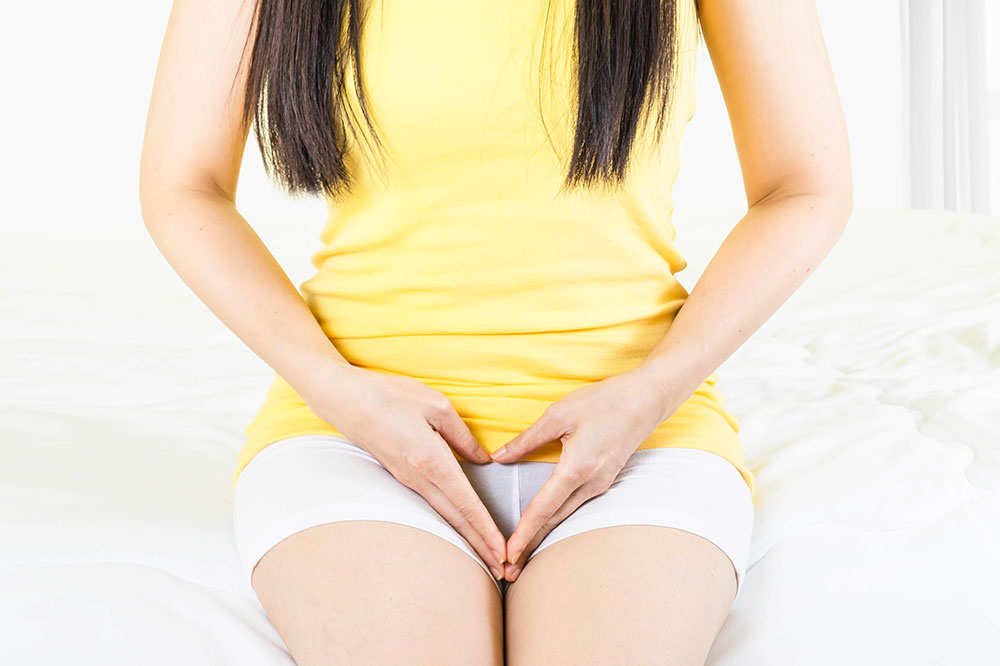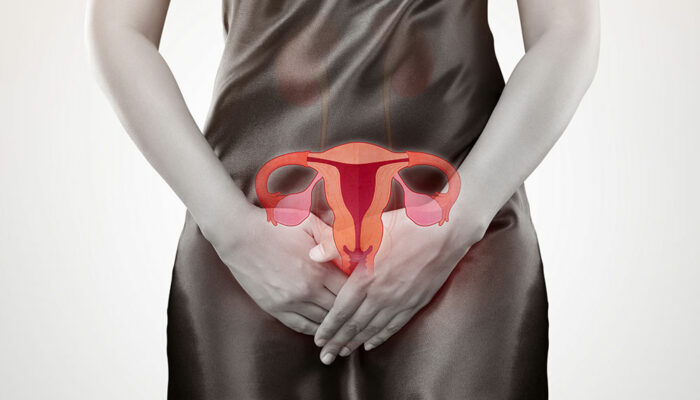
9 Simple Tips to Prevent an Overactive Bladder
People with an overactive bladder may experience frequent and uncontrollable urges to urinate. The condition may become difficult to manage if not addressed in time, causing involuntary loss of urine or leakage. While medication can help treat the symptoms, lifestyle tips come in handy to prevent an overactive bladder.
1. Train the bladder
One can consciously delay going to the bathroom to increase bladder tolerance. This is one of the most common tips a physician might share for overactive bladder treatment. One can train the bladder by delaying bathroom visits for just 5 minutes when they feel the urge to urinate and increase this duration over time.
2. Kegel exercises
These exercises help strengthen the pelvic floor muscles, improve bladder control, and reduce the frequency of involuntary urination. Kegel workouts can help tighten up the bladder muscles and restore their natural role in pelvic stability.
3. Maintain a healthy BMI
Excess weight can put pressure on the stomach, which pressurizes the bladder. Losing weight will definitely benefit an individual in more ways than one, and it is all the more important for the prevention of health conditions like overactive bladder.
4. Regulate bowel movement
A fuller colon can put pressure on the bladder, making one want to use the bathroom more than usual. An individual may have an empty bladder but may still feel the need to urinate in such cases. So, one can take up colon-cleansing diets and exercises that’ll help improve bowel movement.
5. Eat consciously
Along with eating nutritious foods to boost health, one should avoid foods that can contribute to worsening an overactive bladder. Some of the harmful foods to be avoided for the prevention or management of an overactive bladder are sugary foods, citrus fruits, sodas, acidic foods and beverages, caffeine, and chocolate.
6. Remember to hydrate
Drinking water may seem to worsen the condition, but it helps rid the body of toxins. One may avoid drinking water to control the urges to urinate, but it could end up filling the bladder with concentrated urine, which could have adverse effects.
7. Avoid alcohol
Alcoholic beverages can increase the acid levels in the body and further irritate the system. Additionally, alcohol intake definitely increases the frequency of urination. So, one should avoid indulging in or at least limit their alcohol intake during social gatherings to keep the need for frequent restroom visits at bay.
8. Adapt an active lifestyle
Apart from regular Kegel exercises, one can follow an active routine to help strengthen the abdominal muscles. Daily exercises contribute to physical fitness, and they also help enhance one’s mental capabilities. Exercising is a recommended prevention remedy for almost all illnesses as it improves the body and mind’s reflexes and responses.
9. Avoid drinking water at night
Frequent urges to urinate, especially at night, can affect one’s quality of sleep and lead to fatigue and tiredness the next day. It’s best to restrict water consumption after dinner or at least 3 hours before going to bed to prevent or manage the symptoms of an overactive bladder.



